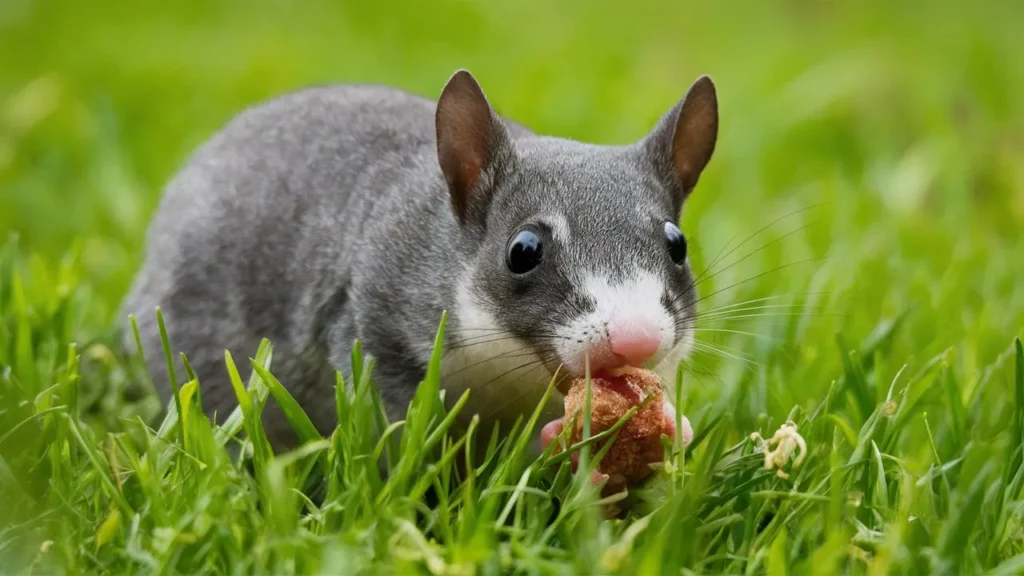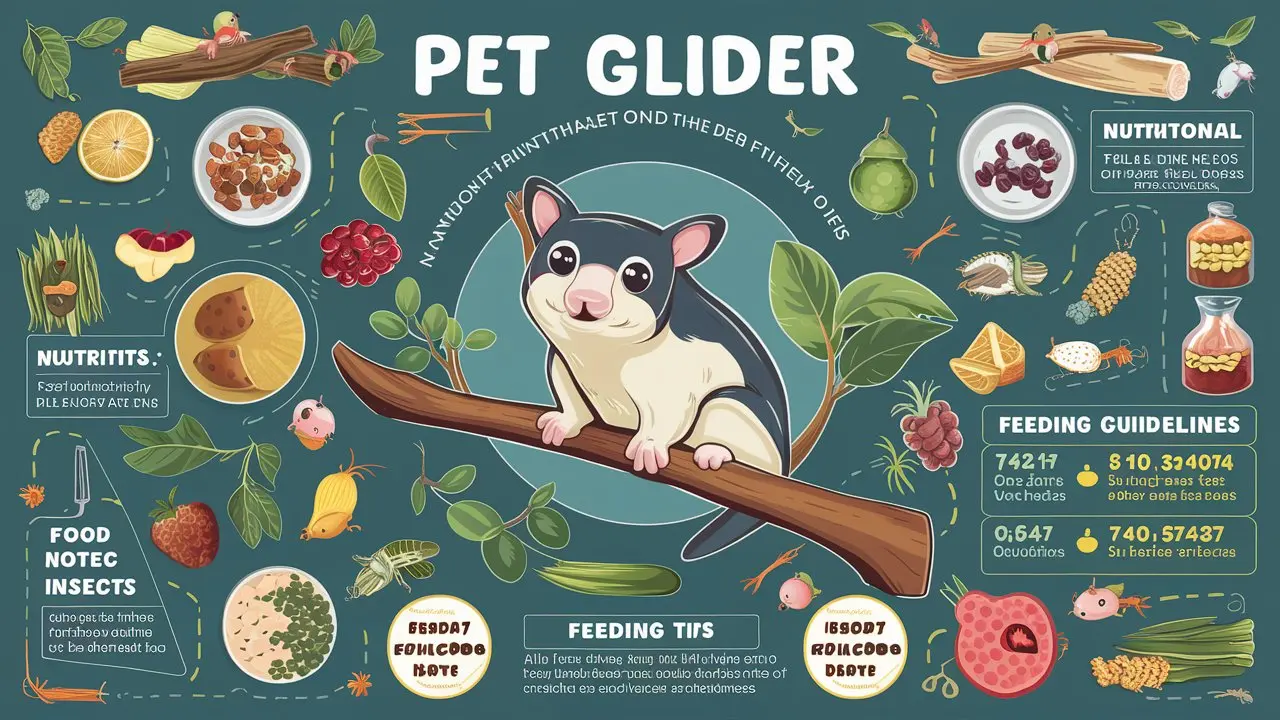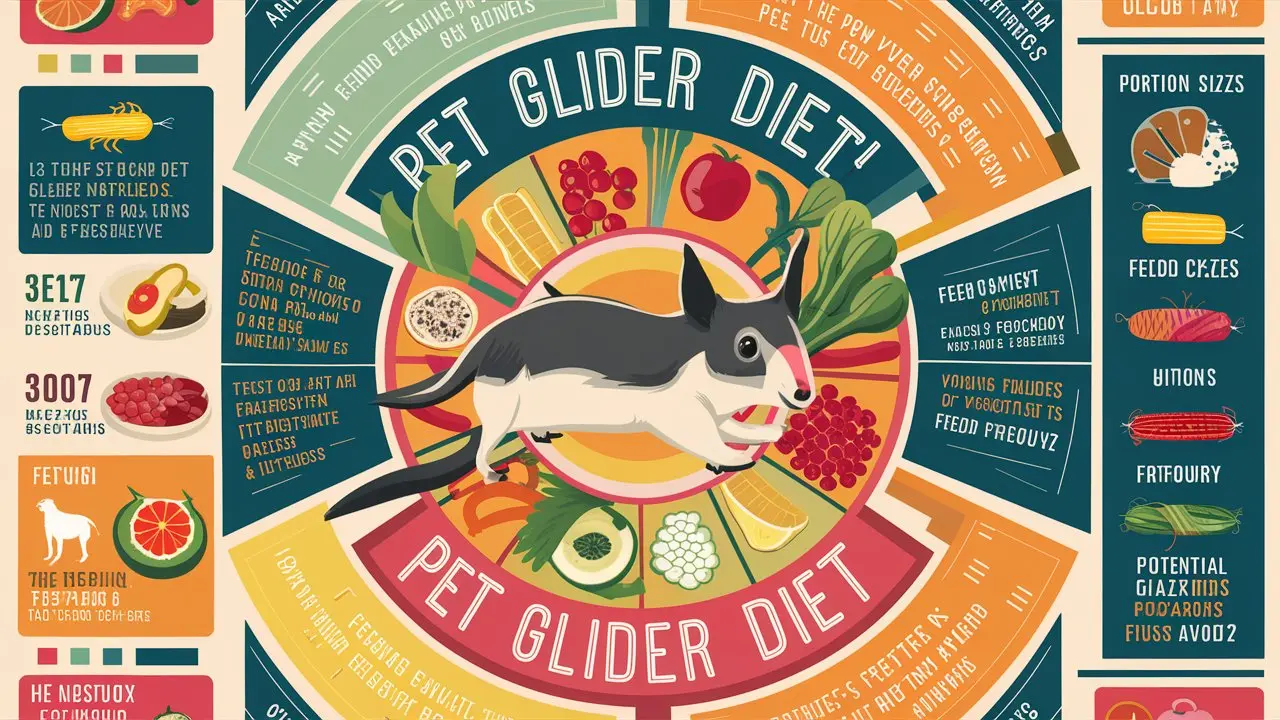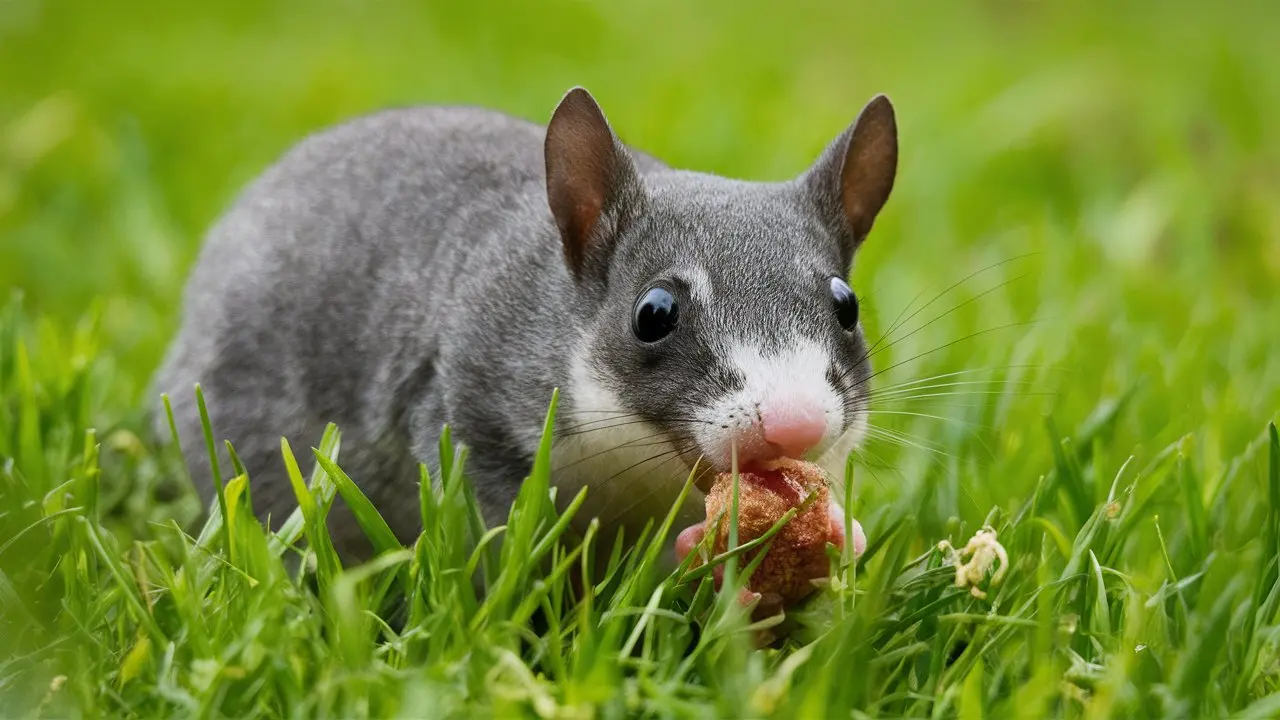Sugar gliders are unique and fascinating pets that require a specific diet to thrive. Ensuring they receive proper nutrition is essential for their health, longevity, and overall well-being. The Pet Glider Diet is a popular and highly recommended diet plan designed to meet the nutritional needs of sugar gliders.
Understanding the Nutritional Needs of Sugar Gliders
Sugar gliders are small, nocturnal marsupials native to Australia, Indonesia, and New Guinea. In the wild, they consume a varied diet consisting of nectar, sap, insects, fruits, and vegetables. To replicate this diverse diet in captivity, it’s important to provide a balanced diet that includes protein, vitamins, minerals, and healthy fats.
Components of The Pet Glider Diet
1. Protein Source
Protein is essential for the growth, repair, and maintenance of tissues in sugar gliders. The Pet Glider Diet typically includes a high-quality protein source such as cooked chicken, turkey, or eggs. Insects like mealworms or crickets can also be provided as an additional protein source.
2. Fruits and Vegetables
A variety of fresh fruits and vegetables should be included in The Pet Glider Diet. Popular choices include apples, pears, grapes, berries, carrots, sweet potatoes, and leafy greens. These provide essential vitamins and minerals necessary for the overall health of your sugar glider.
3. The Pet Glider Vitamins
To ensure that your sugar glider receives all the necessary nutrients, The Pet Glider Diet includes a specialized vitamin supplement. This supplement is designed to provide essential vitamins and minerals that may not be fully covered by the other components of the diet.
4. Nectar and Sap
In the wild, sugar gliders consume nectar and sap, which are rich in carbohydrates. In captivity, you can provide a mixture of pure honey and water as a substitute. Additionally, some commercially available sugar glider nectars and sap replacements are specifically formulated to meet their dietary needs.
Benefits of The Pet Glider Diet
1. Balanced Nutrition
By incorporating a variety of protein sources, fruits, vegetables, and supplements, The Pet Glider Diet ensures that your sugar glider receives a balanced and complete diet.
2. Improved Health
Proper nutrition can lead to improved overall health, including better coat condition, increased energy levels, and a stronger immune system.
3. Longevity
Providing a nutritionally complete diet can help extend the lifespan of your sugar glider, allowing them to live a longer, healthier life.
4. Preventing Nutritional Deficiencies
The Pet Glider Diet helps prevent common nutritional deficiencies that can occur with an imbalanced diet, such as calcium deficiency, which can lead to metabolic bone disease.
Tips for Successful Feeding
To ensure the success of The Pet Glider Diet, follow these tips:
1. Variety is Key
Offer a wide variety of fruits, vegetables, and protein sources to ensure your sugar glider receives a broad spectrum of nutrients.
2. Freshness Matters
Always provide fresh food and remove any uneaten portions daily to prevent spoilage and maintain hygiene.
3. Monitor Portion Sizes
Be mindful of portion sizes to prevent overfeeding, which can lead to obesity and other health issues. Consult with a veterinarian to determine the appropriate amount of food for your sugar gliders size and age.
4. Consistency is Crucial
Maintain a consistent feeding schedule to help regulate your sugar gliders metabolism and overall health.
Conclusion
The Pet Glider Diet is a comprehensive and balanced diet plan designed to meet the unique nutritional needs of sugar gliders. By providing a variety of high-quality protein sources, fresh fruits and vegetables, and essential supplements, you can ensure that your sugar glider enjoys optimal health and longevity. Follow the tips provided to successfully implement The Pet Glider Diet and give your sugar glider the best chance at a happy, healthy life.




